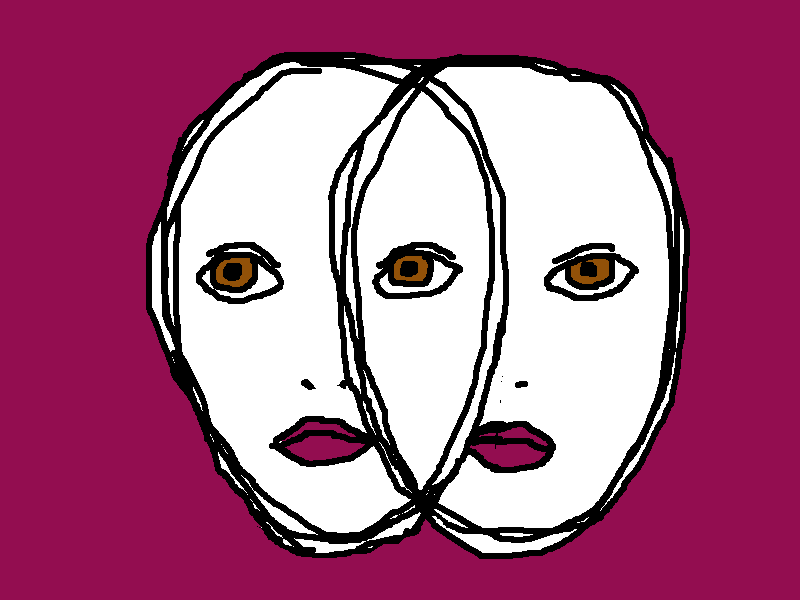Language
Doppelgänger
You know the famous paranormal phenomenon that people quote often of how there are 7 faces identical to yours in the world. Do you think you have an exact double or doppelgänger somewhere in the world?
Pronounced as dop-puhl-ganger, it means an apparition or double of a living person. Drawn from the German language, its origin walks back to the 19th century when a lot of superstitions and folk tales were attached to the word.
This is a list of German expressions used in English; some are relatively common but most are comparatively rare. In many cases the loanword has assumed a meaning substantially different from its German forebear.
In contemporary vernacular, the word doppelgänger is often used in a more general sense to identify any person that physically or perhaps even behaviourally resembles another person.
The word doppelgänger is a loanword from German Doppelgänger, consisting of the two substantives Doppel (double) Gänger (walker or goer) i.e. double-goer.
In some traditions, a doppelgänger seen by a person's relative or friend portends illness or danger while seeing one's own doppelgänger is said to be an omen of death. So watch out, don’t go looking for your doppelgänger, it may cost you your life! Or there is always an option of homicide!
Cliché
Have you ever come across situations or personalities that are too typical? Well, Cliché is the word essentially used to describe those. The history of the word is as old as the mid 19th century. Pronounced as ‘klee-shay’
It is safe to say that English is not a paradigm language. It has borrowed myriad words from other languages. Facts suggest that nearly 30% of English words are of French origin, cliché being one of them. Cliché is a phrase or opinion that is overused and betrays a lack of original thought.
In retrospect it literally means a stereotype, which was the intent of the word in printing: a cliché was a printing plate cast from movable plate, a stereotype. You see the popular guy who every guy wants to be and girls want to be with, you call him a walking cliché! You see a guy getting down on his knee after putting the proposal ring in the girl’s drink, no you do not call him cliché, you call him a loser!
There is another theory regarding the word too. Many authorities believe that the Brazilian word cliché comes from the sound made when the molten stereotyping metal is poured onto the matrix to make a printing plate though it’s not completely certain. Experts not certain about their theory, how cliché!
- Sanjana Vaghani
Our bulletin 'English Took A Loan' is coming soon..





Comments
Post a Comment